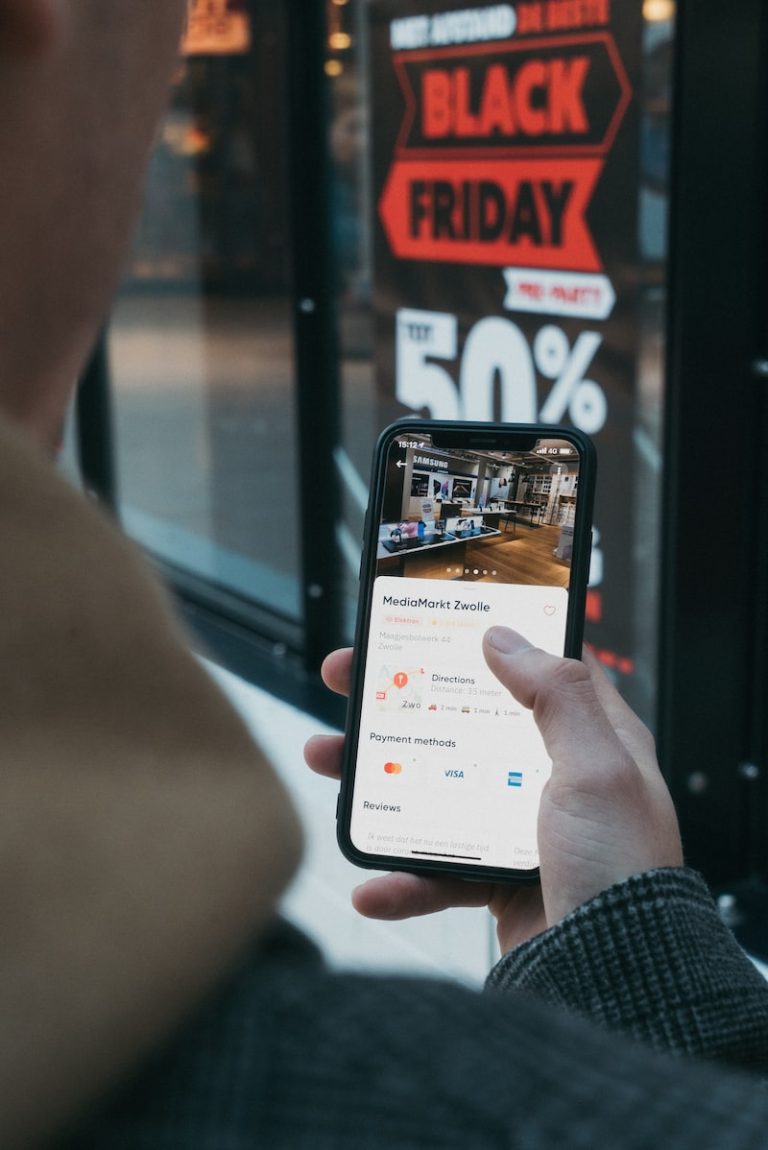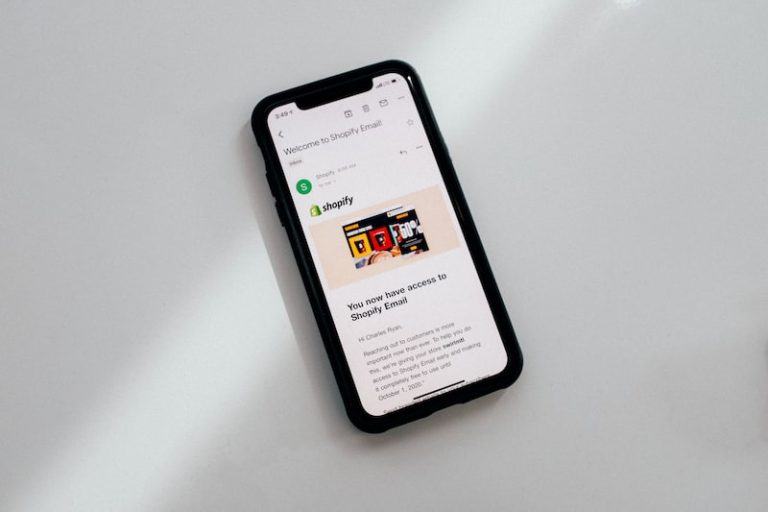Introduction:
Can you imagine a world without TikTok? For millions of people around the globe, this short-video platform has become an addictive source of entertainment and creativity. However, just a few years ago, TikTok faced a surprising twist in its journey when several countries threatened to impose a ban on the app. In this article, we’ll dive into the details of the TikTok ban, exploring its explosive impact and the surprising events that unfolded.
The Rise of TikTok:
TikTok burst onto the social media scene like fireworks on a summer night. It quickly amassed a loyal user base with its unique blend of short videos, catchy trends, and easy-to-use editing tools. Users could showcase their talents, share funny moments, or simply find joy in scrolling through an endless stream of content. As the app gained popularity, it seemed like nothing could stop the TikTok phenomenon.
The Unexpected Storm:
However, amidst this wave of success, dark clouds began to gather. Concerns over data privacy and national security started swirling around TikTok. Several countries, including India and the United States, raised alarms about the potential risks associated with the app’s Chinese ownership. This led to a surprising turn of events as these nations contemplated banning TikTok within their borders.
Explosive Repercussions:
The possibility of a TikTok ban sent shockwaves across the internet. Influencers, content creators, and users voiced their concerns, fearing the loss of their beloved platform. Companies that relied heavily on TikTok for marketing campaigns also faced uncertainty. The explosive impact of the ban was felt far and wide, as it highlighted the growing tension between technology, security, and personal expression.
The Battle for Survival:
TikTok’s parent company, ByteDance, embarked on a mission to save the app from extinction. They engaged in negotiations, legal battles, and even proposed the creation of separate entities to address security concerns. Meanwhile, TikTok’s dedicated user base rallied behind the platform, launching petitions, viral campaigns, and heartfelt testimonials, emphasizing its positive impact on their lives.
A New Chapter:
Ultimately, the story took an unexpected turn. Some countries implemented partial bans or imposed restrictions on TikTok, while others found alternative solutions to address their concerns. However, the app’s explosive journey didn’t end there. TikTok adapted and evolved, introducing enhanced privacy features, content moderation policies, and transparency initiatives to rebuild trust and ensure a safer environment for its users.
Conclusion:
The TikTok ban saga was undoubtedly a rollercoaster ride full of surprises and explosions. It showcased the immense influence of social media platforms in our lives and highlighted the delicate balance between security and personal expression. As TikTok continues to thrive, it serves as a reminder of the ever-evolving landscape of technology and the enduring power of human creativity. So grab your phone, hop on TikTok, and let the videos take you on a surprising journey of laughter, inspiration, and endless surprises.
Impact of TikTok Ban on Social Media Landscape
Have you ever found yourself immersed in the world of short, entertaining videos on TikTok? Well, imagine a world without it. The ban on TikTok has sent shockwaves through the social media landscape, leaving users and content creators in a state of surprise and explosion.
TikTok, with its explosive rise in popularity, had quickly become a dominant force in the realm of social media. Its unique algorithm curated personalized content that kept users engaged for hours. However, concerns over data privacy and national security led to the ban of this platform in some countries, ushering in a new era in the social media sphere.
The absence of TikTok has created a void for both users and influencers alike. Many users relied on TikTok as a source of entertainment and an escape from reality. Its vibrant community fostered a sense of belonging and creativity, allowing people from diverse backgrounds to express themselves freely. With its ban, these users have been left searching for alternatives to fill the void.
For content creators, the impact has been even more significant. TikTok provided a platform where anyone could showcase their talent and gain recognition overnight. Its straightforward nature and vast user base made it easier for aspiring influencers to grow their following. With the ban, these creators have lost a valuable channel to connect with their audience and expand their reach.
Beyond the individual level, the ban on TikTok has disrupted the marketing strategies of businesses. Many brands utilized TikTok’s advertising capabilities to reach a younger demographic and increase brand awareness. The loss of this platform has forced businesses to rethink their social media tactics and find alternative avenues to engage with their target audience effectively.
While TikTok’s ban has caused disruption, it has also paved the way for the emergence of new platforms. Competitors like Instagram Reels and YouTube Shorts have rushed to fill the void left by TikTok, offering similar features and experiences. This competition has spurred innovation, with platforms enhancing their video creation tools and algorithms to capture the attention of TikTok users.
In conclusion, the ban on TikTok has undoubtedly had a profound impact on the social media landscape. Users, content creators, and businesses have all felt the surprise and explosion caused by its absence. As the social media ecosystem evolves, new platforms will continue to emerge, shaping the way we consume and engage with digital content. The legacy of TikTok will live on, reminding us of the transformative power it held within the social media realm.
Alternatives to TikTok After the Ban
Are you tired of scrolling through social media platforms? Looking for an exciting alternative to TikTok after its ban? Well, you’re in luck! In this article, we’ll explore some fantastic alternatives that will keep you entertained and engaged with surprising and explosive content.
One such alternative is Instagram Reels. Launched as a direct response to TikTok’s popularity, Reels allows users to create short videos set to music and share them with their followers. With its vast user base and seamless integration into the Instagram app, Reels provides an excellent platform to showcase your creativity and connect with like-minded individuals.
If you’re seeking a more niche community, Triller might be the perfect choice for you. This app combines social networking with music and video editing, offering a unique experience. Triller encourages users to express themselves through lip-syncing, dancing, or showcasing their talents. Its impressive editing features enable you to create stunning videos that will leave your followers amazed.
For those who enjoy live streaming, Twitch is an incredibly popular platform. Initially focused on gaming, it has expanded to include various categories like IRL (In Real Life) streams, creative arts, and music performances. With millions of streamers and viewers, Twitch offers a vibrant and interactive community where surprises and explosions of entertainment are the norm.
Another noteworthy alternative is YouTube Shorts. Building upon its dominance as a video-sharing platform, YouTube has introduced Shorts, a feature similar to TikTok. You can create and upload short videos instantly, allowing you to captivate audiences with your unique content. With YouTube’s extensive reach and robust search engine optimization capabilities, your Shorts have the potential to gain tremendous visibility.
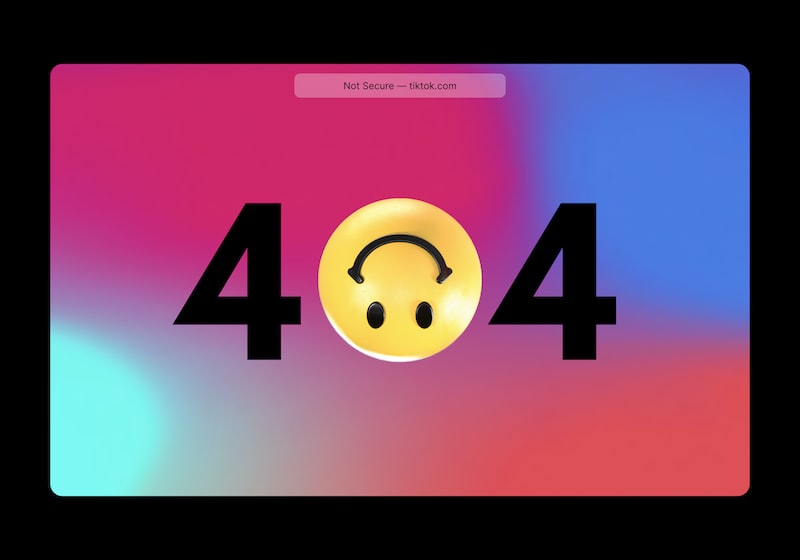
Lastly, if you’re looking for something entirely different, consider Dubsmash. This app focuses primarily on lip-syncing and dancing, allowing you to create hilarious and engaging videos using popular audio clips. Dubsmash offers a vast library of sounds to choose from, ensuring you’ll never run out of surprises to share with your friends and followers.
In conclusion, while TikTok may be temporarily unavailable, there are plenty of exciting alternatives to keep you entertained. Whether you choose Instagram Reels, Triller, Twitch, YouTube Shorts, or Dubsmash, you can expect a high level of surprise and explosion in your content creation journey. So go ahead, explore these platforms, unleash your creativity, and let the entertainment begin!
Legal Considerations Surrounding TikTok Ban
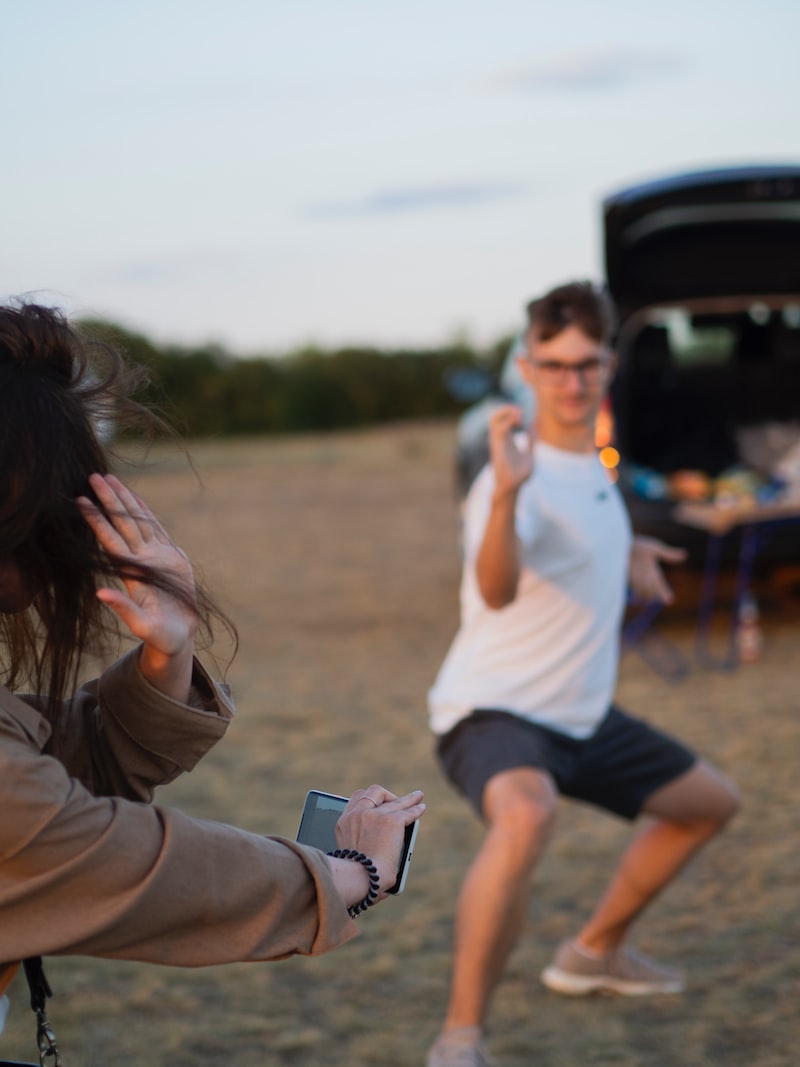
Subtitle: Understanding the Implications and Potential Ramifications
Introduction:
Have you ever found yourself scrolling through countless entertaining videos on TikTok, only to wonder about the legal aspects surrounding this popular social media platform? In recent years, TikTok has faced scrutiny and even bans in some countries, raising important questions about the legal considerations associated with its use. In this article, we will delve into the implications and potential ramifications of a TikTok ban, shedding light on the legal landscape surrounding this global phenomenon.
The Rise of TikTok:
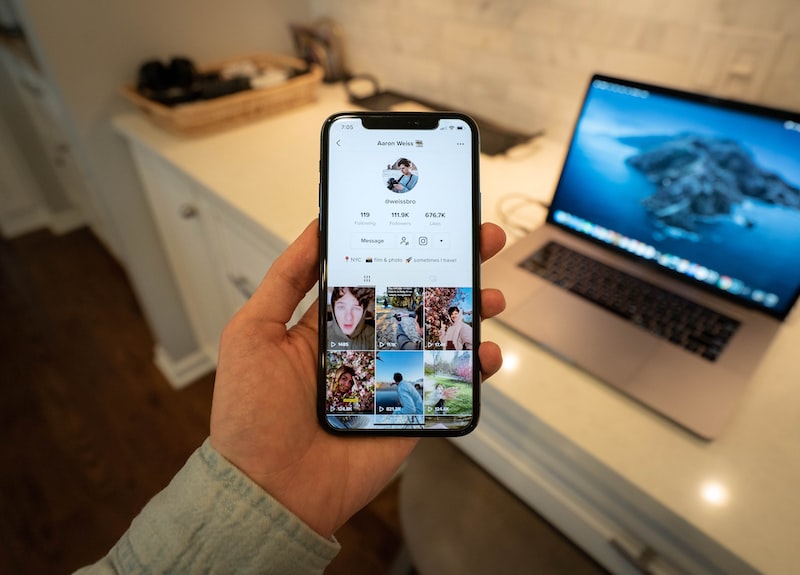
TikTok, with its short-form video format and creative features, quickly gained immense popularity across the globe. However, this rapid rise also caught the attention of governments concerned about national security and data privacy. Several countries initiated investigations into TikTok’s parent company, ByteDance, leading to concerns over data collection, censorship, and potential foreign influence.
National Security Concerns:
One of the primary legal considerations behind TikTok bans relates to national security. Governments worry that user data collected by TikTok could be accessed or shared with foreign entities, raising fears of unauthorized access to sensitive information. This concern has led to regulatory actions aimed at safeguarding national interests, either through bans or increased oversight.
Privacy and Data Protection:
Another key aspect of the legal landscape surrounding TikTok is the protection of user privacy and data. As users upload an abundance of personal content, questions arise regarding how this data is handled and whether it complies with relevant privacy laws. Authorities may demand transparency and accountability from TikTok to ensure that user information is adequately protected.
Content Moderation and Censorship:
TikTok’s algorithmic content recommendation system has been under scrutiny for potentially promoting misinformation, hate speech, or inappropriate content. Governments are tasked with striking a balance between protecting freedom of expression and preventing the dissemination of harmful material. As such, legal considerations involve defining guidelines and enforcing content moderation policies to maintain a safe online environment.
International Trade and Geopolitical Tensions:
TikTok bans also intersect with international trade and geopolitical tensions. Actions taken against the platform can be viewed as part of broader disputes between nations, impacting diplomatic relations and trade negotiations. The legal ramifications of such bans extend beyond the realm of social media and delve into complex international relations.
Conclusion:
The legal considerations surrounding TikTok bans encompass a wide range of issues, including national security, privacy protection, content moderation, and international trade dynamics. Governments face the challenge of balancing user freedoms with safeguarding their interests in an increasingly interconnected digital world. As debates continue and regulations evolve, it is crucial to stay informed about the legal implications of using platforms like TikTok to ensure a secure and responsible online experience for all.
Economic Effects of TikTok Ban on Influencers
Subtitle: How the TikTok Ban Impacted Influencer Marketing and its Financial Ramifications
Introduction:
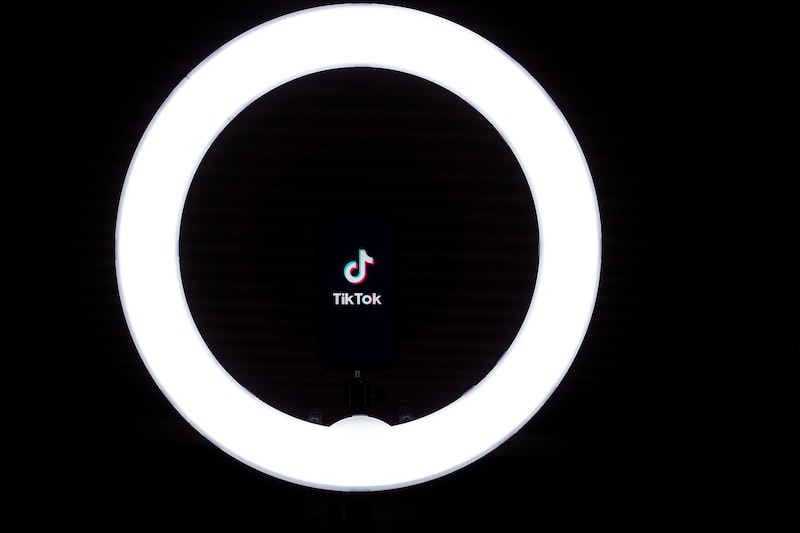
In recent years, TikTok has emerged as a global sensation, captivating millions of users with its short-form videos. The platform has become a goldmine for influencers, enabling them to showcase their talent, build substantial followings, and monetize their content. However, the economic landscape abruptly shifted when some countries imposed bans on TikTok due to concerns over data security and privacy. This article explores the economic effects of the TikTok ban on influencers, shedding light on the far-reaching consequences it had on their livelihoods.
The Impact on Influencer Marketing:
TikTok’s ban dealt a significant blow to the influencer marketing industry. With millions of active users, the platform provided a unique opportunity for influencers to collaborate with brands and promote products or services. The ban disrupted this ecosystem and left influencers scrambling to find alternative platforms to engage their audience and secure partnerships. Many lost out on lucrative deals, sponsorships, and endorsement opportunities, resulting in a substantial decline in their earnings.
Revenue Streams Affected:
Influencers heavily relied on TikTok’s monetization features, such as brand partnerships, sponsored content, and live streaming gifts. The ban severed these revenue streams abruptly, leaving many influencers grappling with financial uncertainty. As they migrated to other platforms, the transition wasn’t always seamless. Each platform has its own algorithms, follower demographics, and engagement levels, making it challenging for influencers to replicate their TikTok success elsewhere.
Shifts in Audience and Engagement:
The TikTok ban forced influencers to diversify their online presence and adapt to new platforms. This shift meant building an entirely new audience base and adjusting their content strategy accordingly. Some influencers successfully managed this transition, leveraging existing followers on other platforms like Instagram or YouTube. However, many experienced a drop in engagement and struggled to regain the same level of reach and visibility they enjoyed on TikTok.
The Resilience of Influencers:
Despite the challenges posed by the TikTok ban, influencers demonstrated remarkable resilience. They quickly adapted to the changing landscape by embracing alternative platforms, such as Instagram Reels or YouTube Shorts, to showcase their creativity. Additionally, influencers explored collaborations with brands beyond TikTok, leveraging their existing fan base and reaching new audiences through various channels. This adaptability helped many influencers mitigate the economic impact of the ban and sustain their careers.
Conclusion:
The economic effects of the TikTok ban on influencers were undoubtedly significant. The disruption of revenue streams, changes in audience dynamics, and reduced engagement levels presented formidable challenges for these content creators. However, this period also showcased the resourcefulness and resilience of influencers, who managed to pivot their strategies and find opportunities in new spaces. As the influencer marketing landscape continues to evolve, adaptability and diversification will remain crucial for influencers seeking long-term success.
The Role of User Privacy in TikTok Ban Discussions
Have you ever wondered why TikTok has been at the center of heated discussions surrounding user privacy? Well, let’s dive into the world of TikTok and explore the role of user privacy in these ongoing ban debates.
Privacy has become a hot topic in the digital age. With the increasing use of social media platforms, concerns about how our personal information is handled have heightened. TikTok, a popular short-form video app, has faced scrutiny due to its ownership by a Chinese company, ByteDance. This has raised concerns among policymakers and users alike regarding data security and privacy.
One of the main reasons behind the discussions surrounding a potential TikTok ban is the fear of data being accessed or mishandled by foreign entities. Critics argue that user data could be misused for surveillance or other malicious purposes. As a result, policymakers have taken steps to evaluate the potential risks to national security and user privacy associated with the app.
TikTok has made efforts to address these concerns. The platform has implemented measures to protect user data, including data localization and transparency reports. They claim that user information is stored securely and that it is not shared with the Chinese government. Additionally, TikTok has established regional offices and hired local executives to ensure compliance with local laws and regulations.
However, the debate persists, fueled by geopolitical tensions and differing opinions on data protection. Some argue that stricter regulations are needed to safeguard user privacy, while others believe that banning TikTok outright may not necessarily be the solution. It is essential to strike a balance between protecting user privacy and fostering innovation in the digital space.
In conclusion, the role of user privacy in TikTok ban discussions cannot be overlooked. The concerns surrounding data security and potential misuse of user information have prompted policymakers to reevaluate the app’s impact on national security. While TikTok has made efforts to address these concerns and protect user privacy, the debate continues. Finding a middle ground that ensures privacy without hindering technological advancements remains a challenge. As the discussions unfold, it is crucial to prioritize user privacy while considering the broader context of international relations and digital innovation.
Analyzing Global Reactions to the TikTok Ban
Subtitle: Exploring the Surprising Impact and Explosive Response to TikTok’s Ban Worldwide
Introduction:
Have you ever witnessed a digital explosion that sparked surprise and controversy on a global scale? Look no further than the TikTok ban, which has captivated millions of users while igniting intense debates worldwide. In this article, we delve into the intriguing details surrounding the ban and examine the unexpected reactions it has generated across the globe.
The TikTok Phenomenon:
TikTok, the wildly popular short-form video-sharing platform, took the world by storm with its engaging content and user-friendly interface. Users flocked to the app, rapidly creating and consuming an avalanche of videos that entertained and connected people from all walks of life. However, as with any massive online platform, concerns regarding privacy, data security, and national security started to emerge.
The Ban Ripples Across Nations:
Various countries responded differently to the TikTok ban, creating an explosive web of reactions that caught many by surprise. India, which boasted the largest user base, banned the app outright due to concerns about user data protection. This move led to a wave of shock and disappointment among Indian TikTokers, who saw their vibrant community suddenly dissolve.
The United States, another major player in the TikTok saga, grappled with similar concerns. The Trump administration attempted to ban TikTok, citing national security risks associated with its Chinese ownership. The ban was met with mixed reactions, with some celebrating the move while others criticized it as an attack on freedom of expression.
Global Outcry and Creative Alternatives:
The ban triggered a global outcry, with users expressing their frustration and disappointment through various channels. Social media platforms were flooded with hashtags and posts demanding justice for TikTok. Many users migrated to alternative platforms such as Instagram Reels, YouTube Shorts, and Triller, seeking to recreate the TikTok experience.
Unexpected Consequences:
The repercussions of the TikTok ban extended beyond social media trends. Influencers and content creators who built their careers on the platform were left in limbo, scrambling to find new avenues for their creativity. The ban also highlighted the complex relationship between technology, national security, and individual freedom in the digital age.
Conclusion:
The TikTok ban has undoubtedly caused a ripple effect, surprising both its passionate user base and those observing from the sidelines. The explosive reactions it has sparked worldwide demonstrate the immense impact of digital platforms on our lives and societies. As we analyze these global responses, we gain valuable insights into the evolving landscape of technology, privacy, and cultural expression in the 21st century.





